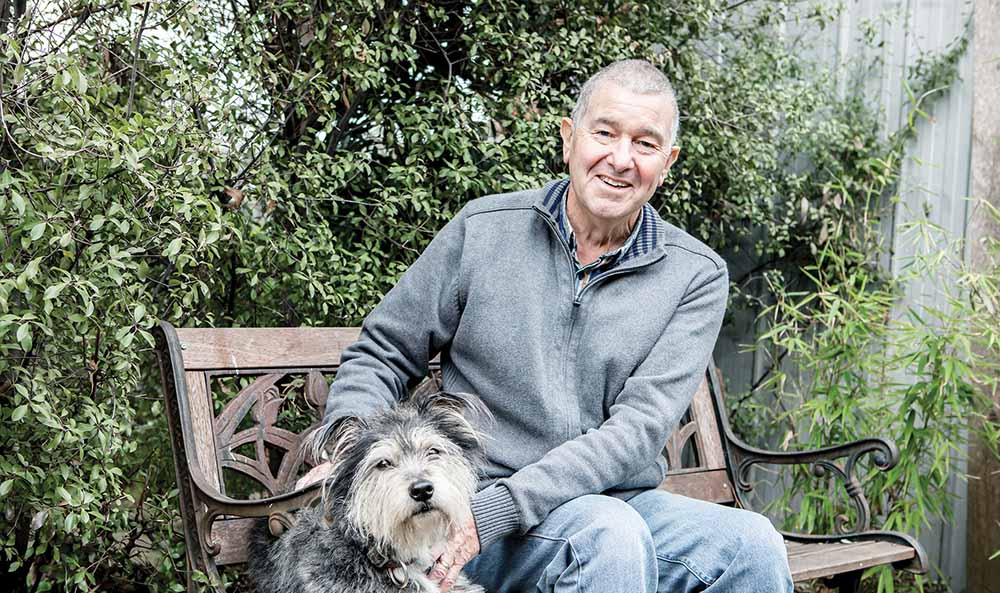
MORNINGTON father-of-three Ian Thompson felt his head go “cloudy”, couldn’t think straight and became disoriented; to make matters worse, he began to lose his vision.
Although the 64-year-old did not know it at the time, he was having a stroke.
“After meeting other stroke survivors I feel lucky, as if I had dodged a bullet,” he said last week.
“Thankfully, the staff at Frankston Hospital’s emergency department recognised the signs and responded so quickly.”
The stroke hit while he was working on his arrows at Frankston Archery Club. “I was using this new solvent to repair the arrows and it’s really volatile stuff,” he said.
“It was after I’d had a whiff that my head started to go all funny, so I put it down to that. I knew something was wrong but I couldn’t even walk into the club house – I didn’t know where it was. I didn’t know how to use my phone to call my wife. All I could do was sit there.”
At 4.30pm that day the clock had started ticking to save Mr Thompson’s life and limit the effects of the stroke.
Mr Thompson’s archery club mates could see something was badly wrong, so they took him home to his wife Sandra. She took one look at him and brought him straight to the emergency department.
By the time he arrived staff had just 45 minutes to diagnose the stroke, determine what had caused it and administer the lifesaving clot-busting medication. “They found I had two blockages – one on the right side, which was the part that affects eyesight, and one at the top of the spinal cord,” Mr Thompson explained.
“They were working really hard with the four-hour window to give me the clot buster. I ended up getting it with 20 minutes to go – so I was lucky.”
After a few nights in hospital, Mr Thompson was able to go home and onto the stroke detours program. “My sight is still recovering so they taught me really practical things for coping with that, such as how to get my bearings back. For example, they’d drive me down to the local shops and then I had to direct them home.”
Frankston Hospital’s emergency department clinical director Dr Shyaman Menon said a stroke occurred when the blood supply to the brain was interrupted. “Blood is carried to the brain by arteries which contain the oxygen and nutrients brain cells need,” she said. “Without this, brain cells die.”
Although brain cells usually die soon after the stroke starts, some can last a few hours if the blood supply is not cut off completely. “This is why it is so important people get to the emergency department as soon as possible so medication can be administered to save these cells,” Dr Menon said.
While still recovering from the effects of the stroke, Mr Thompson is back caravanning and spending time with his grandchildren.
Peninsula Health is urging people to fast track access to emergency stroke care, close to home, by donating to donations.peninsulahealth.org.au or by calling 9788 1284.